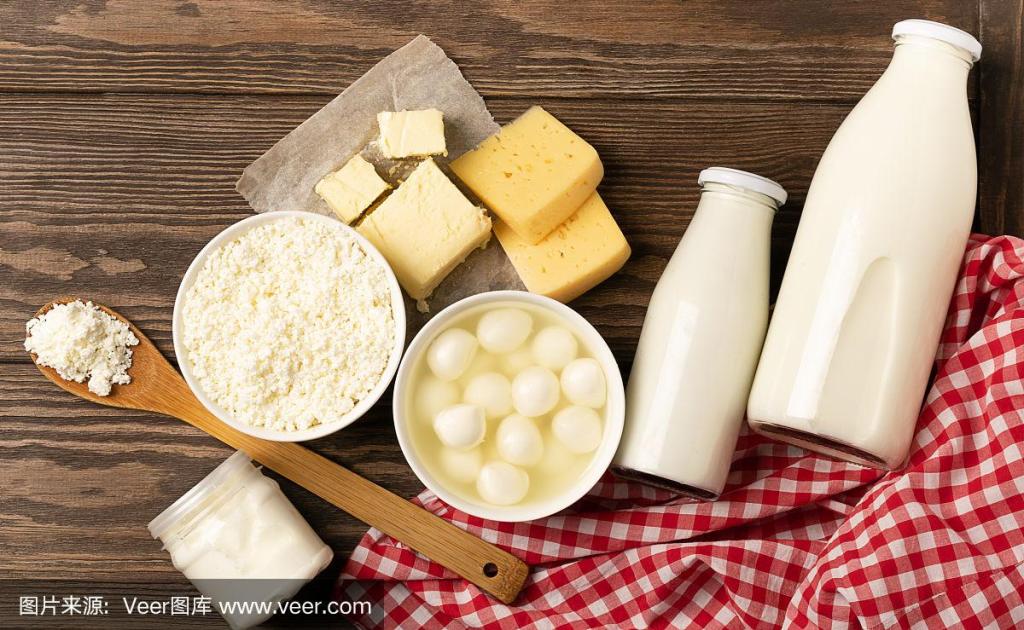High-Quality Phospholipid for Food
Time:2024-07-12
Phospholipids are complex compounds composed of glycerol, fatty acids, phosphate, and other substances, possessing various unique properties and functions, including emulsification, antioxidant capacity, thickening, and stability. These properties make phospholipids highly valuable in dairy product processing.
Phospholipids exhibit excellent emulsification properties, enabling the mixing of oil and water to form stable emulsions. In dairy products, they can encapsulate oil droplets, preventing coalescence and separation, thus maintaining the texture and taste of the product. For instance, in formulated milk, phospholipids can prevent oil-water separation and enhance product stability, which is especially important for dairy products requiring long-term storage and transportation.
Phospholipids can react with free radicals, slowing down the lipid oxidation process in dairy products. This helps extend the shelf life, maintain freshness, and preserve the nutritional value of dairy products. Additionally, it improves the texture and smoothness of dairy products, significantly enhancing their overall quality and market competitiveness.
In dairy production, phospholipids are commonly used as stabilizers and emulsifiers. For example, adding an appropriate amount during yogurt production can improve the texture and taste, making it more appealing to consumers. It also enhances yogurt stability, preventing separation and sedimentation during storage and transportation.
Phospholipids play a crucial role in enhancing the stability of dairy products. Through their emulsification stability, antioxidant effects, and improvements in texture and structure, phospholipids provide robust support for the quality and market competitiveness of dairy products. Therefore, their rational use in dairy processing is of significant practical importance and application value.


 CN
CN





